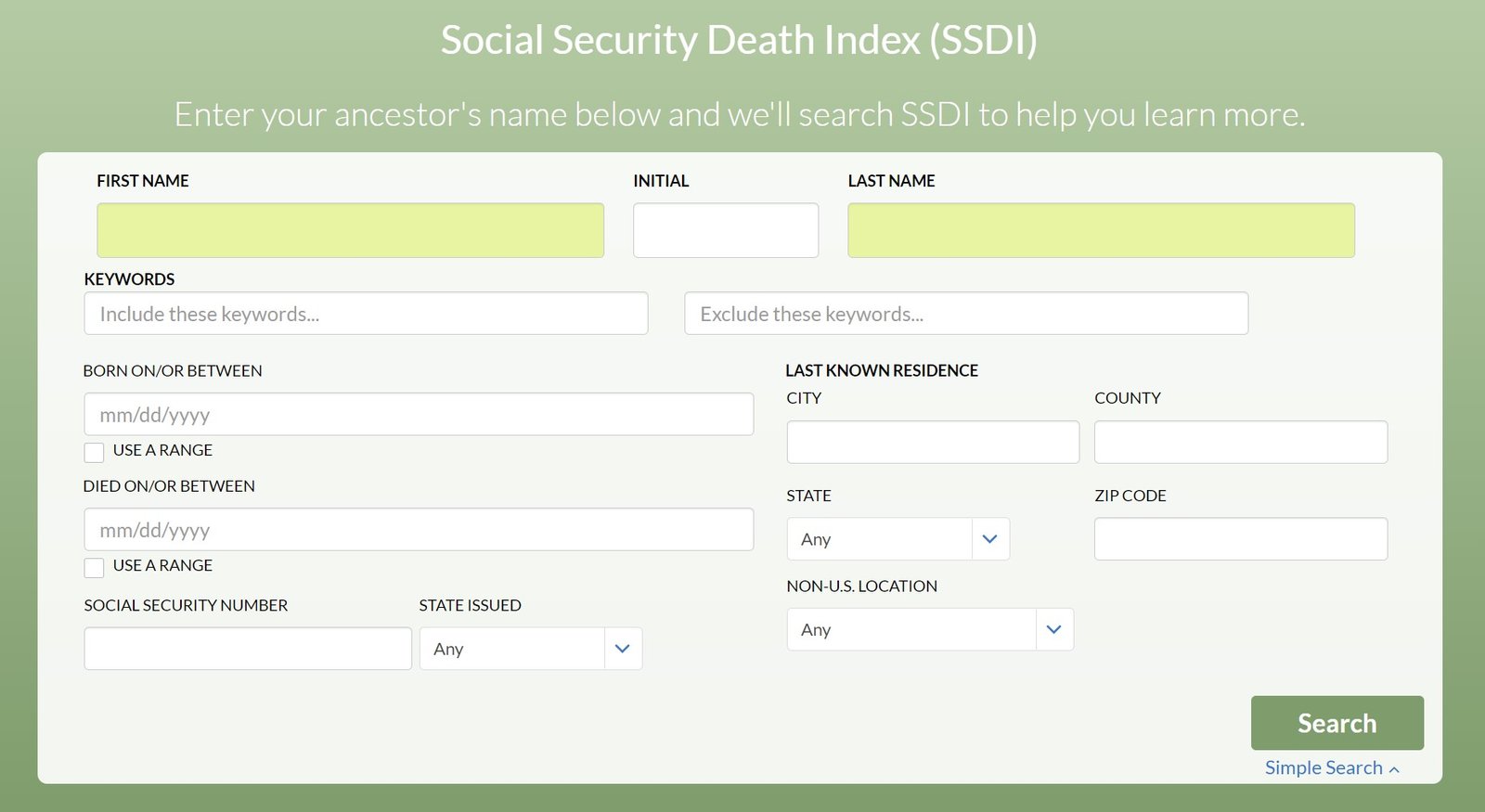The longer life expectancy of people is changing the ways in which doctors and medical professionals treat patients. Doctors now want to know as much as possible about their patients so they can spot warning signs of disease at an early stage. Disease prevention is always better than cure, and healthcare data analytics can help them achieve that goal. The use of healthcare data analytics can also help insurers tailor insurance packages to the specific needs of their clients. To learn more about this, make sure to read more here: https://www.foreseemed.com/blog/big-data-analytics-in-healthcare

Challenges of big data analytics in healthcare
Many healthcare organizations face several challenges when implementing big data analytics. First, data sources must be clean, complete, and accurate. Next, it must be formulated properly and securely. Even though big data technology is becoming more prevalent, there are still some hurdles healthcare organizations must overcome to ensure meaningful results. These challenges include poor EHR usability, convoluted workflows, and insufficient data quality. In addition, healthcare organizations must constantly remind their staff about data security policies and practices.
To answer these questions, researchers used a literature review of peer-reviewed journal articles published since 2011 to determine the current state of big data analytics in healthcare.
One of the biggest challenges in big data analytics is the sheer volume of data. Healthcare data can consist of recorded signals, images, and videos. Healthcare providers have barely begun converting this data into electronic health records, but ongoing efforts can digitize static images and pre-EHR notes. In addition, optical character recognition (OCR) software can recognize handwriting and computer fonts, pushing digitization forward. These datasets are rich unstructured information sources, and advanced AI programs can extract critical actionable insights.
Benefits of big data analytics in healthcare
Big data in healthcare has many benefits, from improved diagnosis and disease prevention to improving patient engagement and strategic planning. Healthcare organizations can now use big data to improve the efficiency of their operations by importing data from connected devices. For example, prescription errors are a serious problem in healthcare organizations. The wrong drug can result in serious patient harm, even death. Big data can help reduce prescription error rates because it analyzes patient records and flags anomalies.
To make the most of big data in healthcare, hospitals can use them to capture the entire patient experience. Using tools such as big data analytics, care teams can seamlessly merge and analyze data that should be stored separately. By leveraging patient data, care teams can communicate with patients and providers more accurately and quickly. With the help of big data analytics, these organizations can create patient-friendly websites.
Data science experts can identify the opportunities in an extensive data set and apply them to improve care. With big data, healthcare administrators can use analytics to identify underserved areas and optimize resource allocation. Using big data in healthcare, they can develop maps showing where patients need care. With such maps, administrators can then decide where to allocate their resources. This approach has several benefits, including helping save lives, reducing costs, and improving the quality of care.
Applications of big data analytics in healthcare
Big data analytics can help doctors make better diagnoses and save money by preventing unnecessary hospitalization. For example, predictive analytics can identify the most acutely ill patients and reduce unnecessary ER visits. These analytics can also help physicians manage costs by improving strategic planning and reducing fraud. Many doctors and hospitals use big data for various reasons, from improving patient care to reducing costs.
USe of SSDI
SSDI stands for Social Security Death Index. Using this you can search the history of your family easily If you need more information on SSDI please click on social security death index information.

However, it is important to acknowledge that it is impossible to estimate the impact of big data analytics in healthcare. Therefore, future research is necessary to understand its effects and potential benefits in the healthcare sector.
One of the many examples of big data analytics applications in healthcare is drug abuse. Developing a comprehensive plan to combat drug abuse is not an easy task – not only does it cost lives, but it costs a lot of money. Analyzing check-up results by different demographic groups enables care managers to understand which factors might discourage treatment. These factors can help healthcare providers tailor their services to meet patient needs. Big data analytics in healthcare also improve healthcare organizations’ operations



